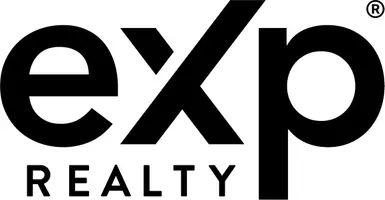Real Estate Agents Lie | Why People Hate Real Estate Agents
Real Estate Agents Lie | Why People Hate Real Estate Agents
Are real estate agents always liars? It's a question many people ponder, and let's face it, some agents have given the industry a bad name. In this article, we'll explore common grievances, discuss the issues plaguing the real estate industry, and shed light on what consumers should be wary of.
The Real Issues in the Real Estate Industry:
Lack of Education:
One of the major problems in the real estate industry is the lack of practical education. Agents often enter the field with minimal training and struggle to adapt to real-life scenarios. The gap between what's taught in real estate classes and the skills needed for effective transactions is vast.
Unresponsive Agents:
The frustration of dealing with unresponsive agents is a real concern. Some agents fail to answer calls, texts, or emails promptly, leaving clients in the dark. Experienced agents usually have systems in place to ensure efficient communication, but this isn't always the case with less seasoned professionals.
Choosing Agents Based on Personal Connections:
Selecting an agent just because they're a friend or play tennis with you is an outdated and risky approach. It's essential to prioritize an agent's experience, skills, and track record over personal connections. Real estate transactions involve significant sums of money, and your choice of an agent should reflect their competence, not your relationship.
Part-Time Agents:
A critical issue lies in the prevalence of part-time agents or those treating real estate as a hobby. Clients should be aware that agents with other commitments may not provide the same level of service and dedication as full-time professionals. The experience factor plays a crucial role in ensuring a successful real estate journey.
Common Grievances Against Real Estate Agents:
High Commissions:
The complaint about high commissions is valid, considering the substantial sums involved in real estate transactions. While commissions are negotiable, the industry's structure often compels part-time agents or those with limited experience to charge higher commissions to sustain their business.
Pressure Tactics:
Some agents employ pressure tactics to secure listings or close deals. This approach can alienate clients and lead to distrust. Clients should be aware of agents who prioritize closing a deal over providing valuable advice and service.
Communication and Responsiveness Issues:
Poor communication and responsiveness are widespread issues in the real estate industry. Clients may struggle to get timely updates or information from their agents, leading to frustration and dissatisfaction.
Conflicts of Interest:
Conflicts of interest, especially in dual agency situations, can pose challenges. Agents representing both buyers and sellers may face difficulties in providing unbiased advice, potentially compromising the interests of one party.
Overpromising and Under-Delivering:
Inexperienced agents may overpromise and under-deliver, setting unrealistic expectations for clients. This stems from the lack of practical education and on-the-job training in the industry.
Conclusion:
While some real estate agents may contribute to negative perceptions, it's crucial to recognize that experienced and dedicated professionals exist. Clients should prioritize agents with a proven track record, full-time commitment, and a genuine dedication to their clients' best interests. By understanding the industry's pitfalls and making informed choices, consumers can navigate the real estate landscape more confidently.
Recent Posts











